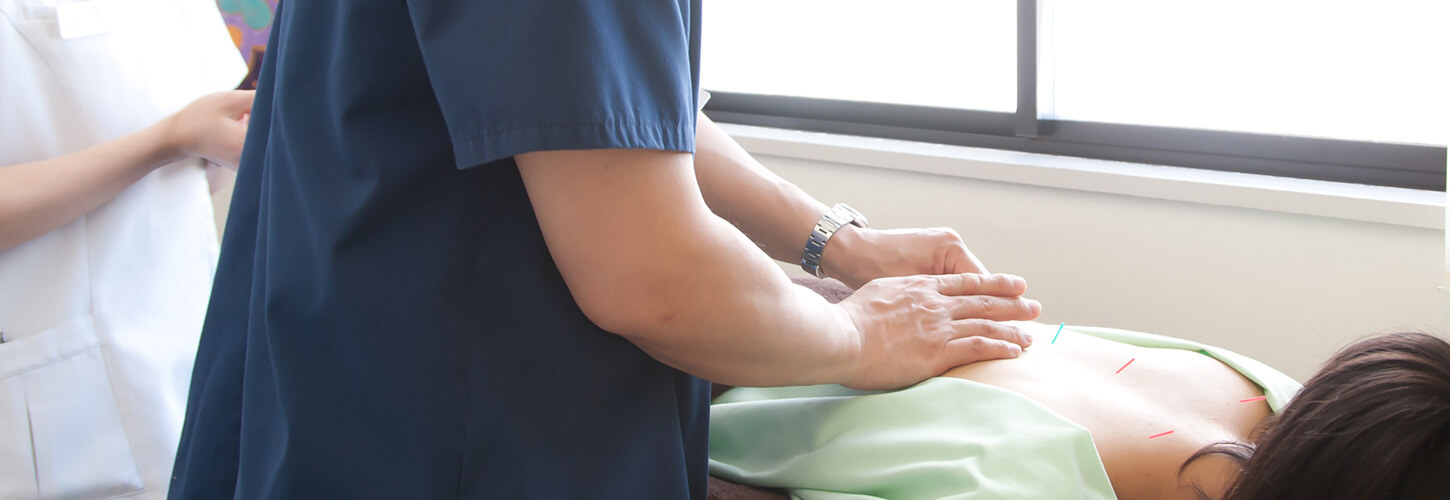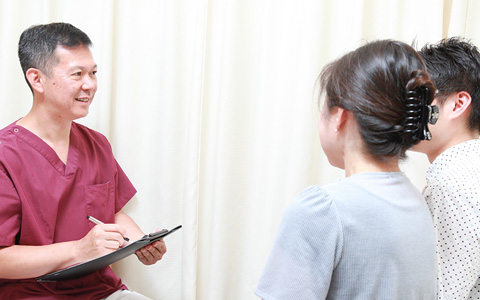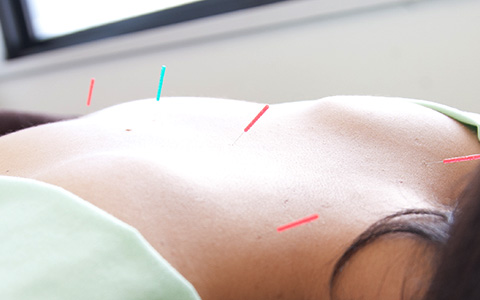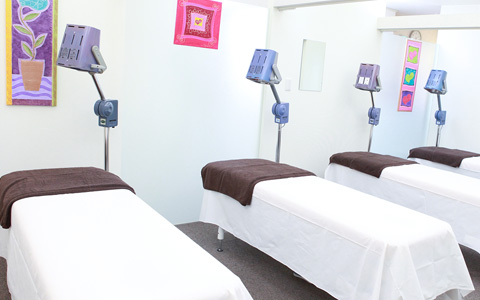What is Mastitis?
Mastitis is inflammation of the breast. It most commonly affects lactating (milk producing) women in the first two months following childbirth, and is usually due to infection. This form of the condition is also known as infective, acute, or puerperal mastitis. The affected area may become red, shiny, hot and painful, and pus may exude from the nipple. It may also become too painful to continue breastfeeding from the affected breast.
Causes of Mastitis
Mastitis is most often due to infection, usually by staphylococcal bacteria, which have entered through a cracked nipple that occurred as a result of breast-feeding. It may also be due to a blocked milk duct, which may happen if the breast is not emptied during a feed. This may cause a swollen, red, tender lump or inflamed area, due to a build up of milk behind the duct, which is then vulnerable to infection. A type of mastitis may also occur as a result of changing hormone levels, especially in women aged in their thirties and for ties. Other, much rarer, causes of mastitis include; mumps, septicemia (blood poisoning), tuberculosis and the fungus-like bacterial disease called actinomycosis. These form only a tiny percentage of mastitis cases.
Symptoms of Mastitis
- Localized, red, painful area in the breast
- Local hardness in the affected area
- Swelling of the breast
- Obvious increase in local heat
- Pus oozing from the nipple
- Sometimes-local glazing and thinning of the skin
- Sometimes-visible pus formation under the skin
- Fever
- Malaise (general upset)
How is Mastitis diagnosed?
Acute mastitis is diagnosed from the history (often of breast-feeding and cracked nipples), a discussion of the symptoms and a physical examination. For nursing mothers it is important to relieve engorgement (over filling with milk), which will make the condition even more painful, by expressing (extracting) the milk. This can be done naturally, by rhythmical squeezing of the breast, working from the outer part in towards the nipple, or by means of a breast pump. If mastitis is not treated promptly, there is a risk that it will lead to a breast abscess (collection of pus), causing extreme pain in the breast and, possibly, fevers and chills. This will require surgery, in which the abscess is drained.
Is Mastitis dangerous?
Mastitis offers little or no risk to life, even if an abscess develops, but it can be painful if treatment is not started promptly.

Fertility Treatment
Other Areas of Expertise
Acura Acupuncture Clinic Tokyo
(Shibuya St., Omotesando St., Aoyama)
Please contact us to make an appointment.
Office Hours (Closed on Tuesday)
10:00 – 21:00 (Mon / Wed)
9:30 – 21:00 (Thu)
9:30 – 19:00 (Fri)
9:30 – 18:00 (Sat, Sun, National Holidays)



